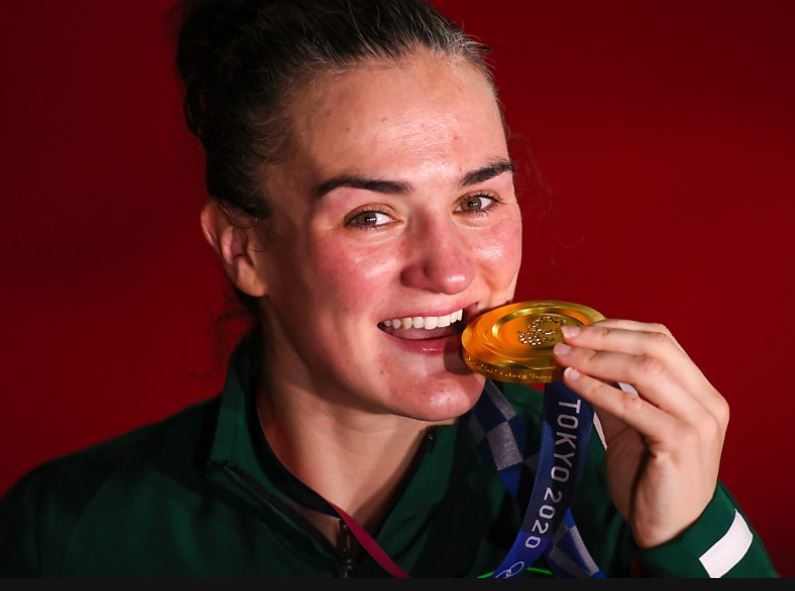
I turned 57 yesterday. It was no ordinary birthday. On the contrary, it was a landmark moment. I am now the same age as my Dad was when he died.
When he was told he had weeks to live, Dad was too ill to worry. He did not rail against the injustice of it all. Instead, he rejected all medical interventions bar pain relief and accepted his fate with graceful calm.
Having just retired, I hardly needed anything else to spark another bout of self-reflection. But it has been difficult to resist thinking about my Dad and how he must have felt a day after his 57th birthday. He did not know it then, but he had just 105 days left to live.
I lay in bed this morning feeling relatively youthful and hugely optimistic for the years ahead. Opportunities abound as I leave teaching. I have so much to do before I shuffle off this mortal coil and a great deal of choice about how I spend what time I might have left.
What I have learnt so far in my time on this planet, however, is that the human condition has to reconcile two completely contradictory notions simultaneously: that life is incredibly precious and we must make the most of every minute, whilst, on the other hand, it is all completely meaningless.
Whilst those two opposing views of the significance of life seem wholly incompatible, I think they can complement each other in a way that enhances our existence. We do not live for long – 4,000 weeks if you are lucky, according to Oliver Burkeman – so, of course, we should avoid wasting a single valuable minute of our brief lives. Every waking moment should be imbued with meaningful activity. But if we take that attitude to the extreme, we are likely to worry so much about wasting time that we edge towards lunacy as we engage in relentless, frenzied activity.
Conversely, if we adopt the view that all of life is worthless, there is only one outcome.
So, if you approach life with a zest for making the most of the opportunities that come your way, whilst always reminding yourself that nothing really matters too much – holding the two contradictory notions in healthy tension – then it is possible to live meaningfully.
Ultimately, we create our own meaning. This morning I watched the last few Olympic 2020 events. The finals of the boxing were extraordinary.
Whilst Lauren Price’s win resonated widely, it was Ireland’s Kellie Harrington’s response to winning her gold medal that struck me. From the moment she was declared the victor, she pretty much wept. Continuously. It seemed that it could not have mattered more to her.
In her post-bout interview, however, Harrington said this: ‘I've just been going with the flow, I haven't been putting pressure on myself and have been taking it each round at a time. I’ve been enjoying it. A lot of the time I would be thinking: “What am I doing here?” but I've enjoyed every second of it.’ It sounded like she had made a deliberate choice about how she would approach the Olympics. In short, Harrington chose to try hard, enjoy it, but not worry if she did not win – a perfect example of how to reconcile our two conflicting views of life.
Keeping things in perspective, but not too wide a perspective, is an important facet of leading a contented life. Certain events have to matter, but nothing needs to matter too much…
